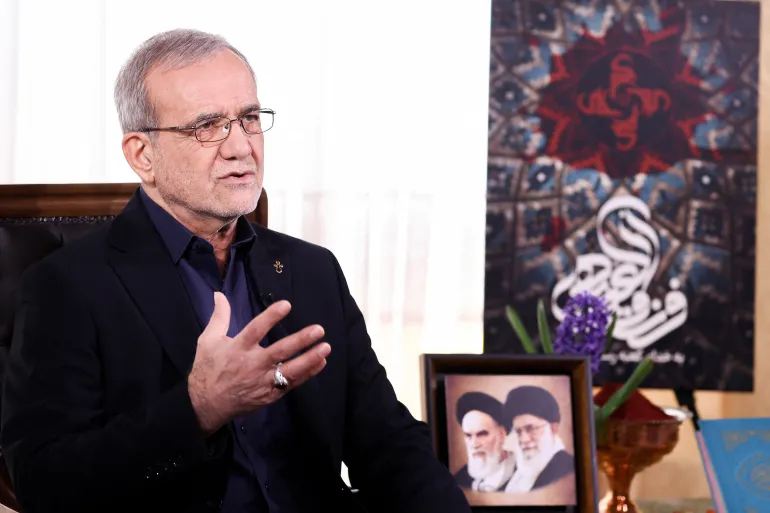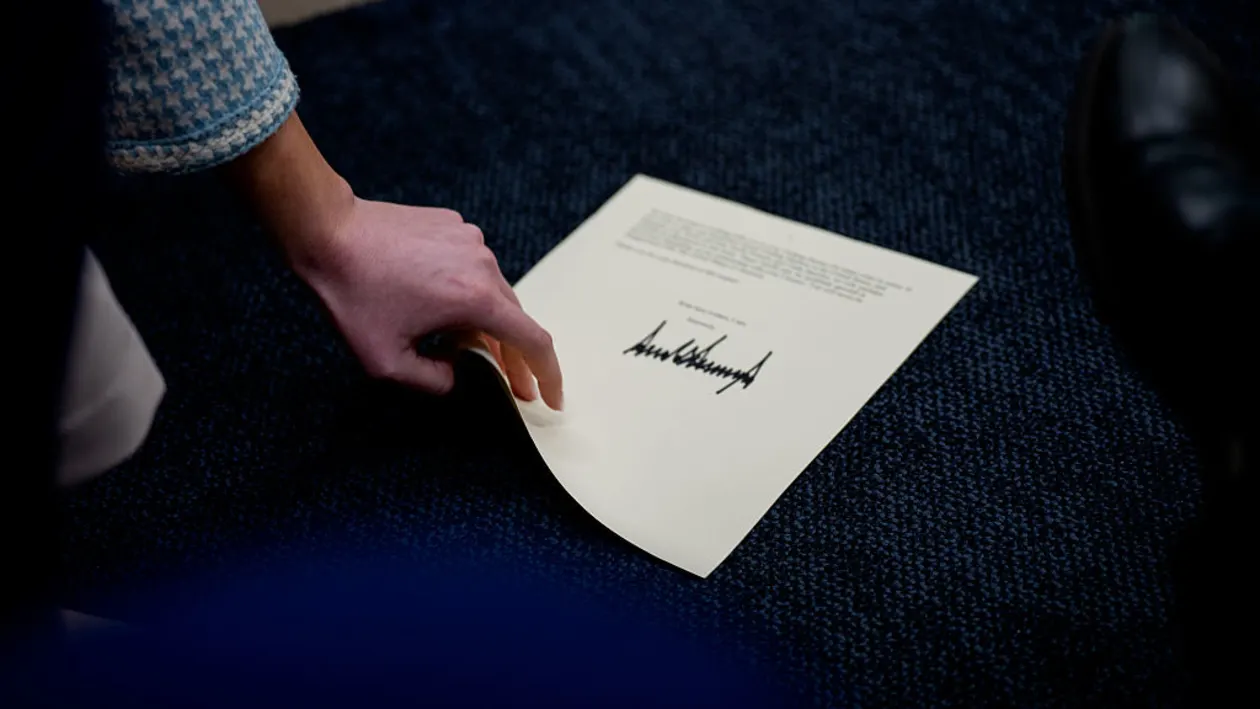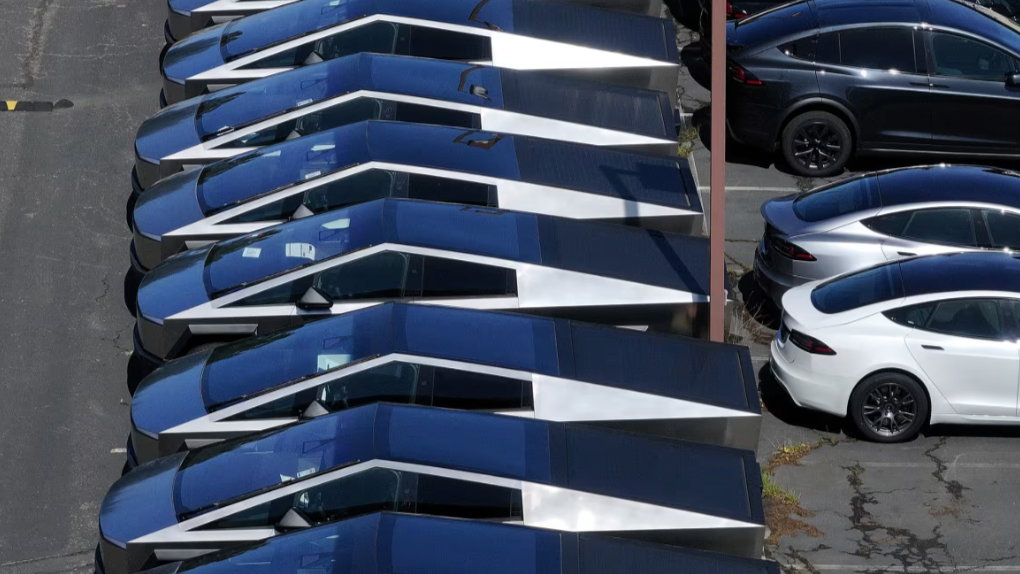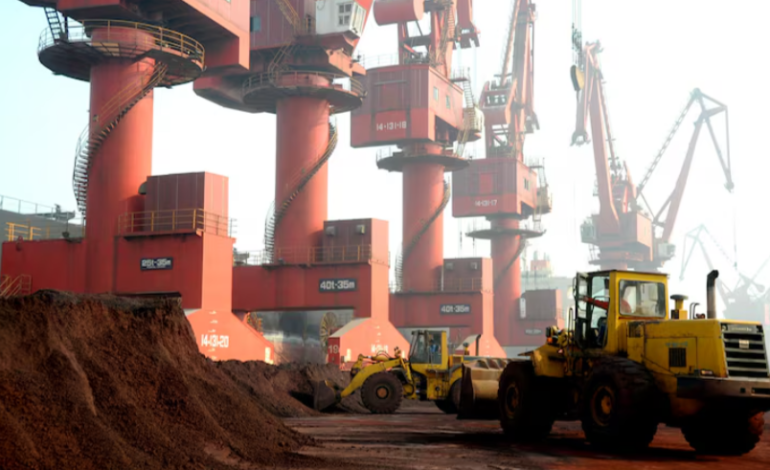China’s recent export restrictions on rare earth elements—crucial materials used in electric vehicles, electronics, and renewable energy—have created ripples across the global supply chain and added stress to Chinese magnet producers already navigating a sluggish domestic economy, Reuters reports.
Introduced in April as a response to new US tariffs, the curbs slowed global exports of rare earth magnets and triggered production disruptions among major automakers. Yet while the move was strategically advantageous for Beijing, it has posed significant commercial challenges for companies within China.
Magnet manufacturers have seen their overseas sales decline sharply. Exports of rare earth magnets dropped by 75% in the two months following the restrictions, according to data shared by the Baotou Rare Earth Products Exchange, a state-backed entity located in Inner Mongolia, one of China’s rare earth hubs.
While China produces roughly 90% of the world’s rare earth magnets, public filings show that exports accounted for 18% to 50% of revenues among the country’s 11 largest listed magnet makers in 2024. As a result, many companies have been squeezed by both falling international sales and weakening domestic demand—particularly from China’s electric vehicle (EV) sector, which is undergoing a price war and facing broader market uncertainty.
“Their sales are now being squeezed from both ends—disrupted exports and flagging domestic demand,” said Ellie Saklatvala, head of metal pricing at Argus, a commodities information provider.
Several companies have reduced output in response. Small- and medium-sized producers cut production by around 15% in April and May, sources familiar with the matter told Reuters, speaking anonymously due to the sensitivity of the topic.
Although a preliminary deal was reached between China and the US on June 27 to ease rare earth trade restrictions, implementation is expected to take time. Baotou Rare Earth Products Exchange noted that inventories are still piling up, and export licenses remain a bottleneck for producers.
The structure of the licensing process itself—similar to controls China placed on other critical minerals such as germanium and antimony in recent years—is likely to introduce long-term complications. Despite those materials being used primarily in civilian industries, exports have yet to fully recover following past restrictions.
“This is a permanent change for the industry,” said David Abraham, a professor at Boise State University. “The paperwork, review, and approval process will continue to add delays and costs.”
The economic headwinds have led to concerns about revenue declines among some manufacturers. Two rare earth magnet producers told Reuters they expect lower revenue this year, though neither agreed to be named publicly.
Only a few companies have directly addressed the issue in financial reports. Baotou Tianhe Magnetics Technology Co. acknowledged that its export business could suffer if global trade tensions worsen. Another listed firm, Yantai Zhenghai Magnetics, said it had obtained export licenses and resumed normal operations but did not provide detailed projections.
Analysts warn that a full return to pre-restriction export volumes may not occur anytime soon. With many rare earth products being highly specialized, producers are often unable to redirect unsold inventory to domestic buyers. As a result, some manufacturers are being forced to store materials while awaiting export approvals.
The cumulative pressures could drive industry consolidation.
“In a sector with hundreds of producers, these challenges may prompt mergers,” said Abraham. “From Beijing’s perspective, this may not be seen as negative, as consolidation could improve oversight and control over material flows.”










The latest news in your social feeds
Subscribe to our social media platforms to stay tuned